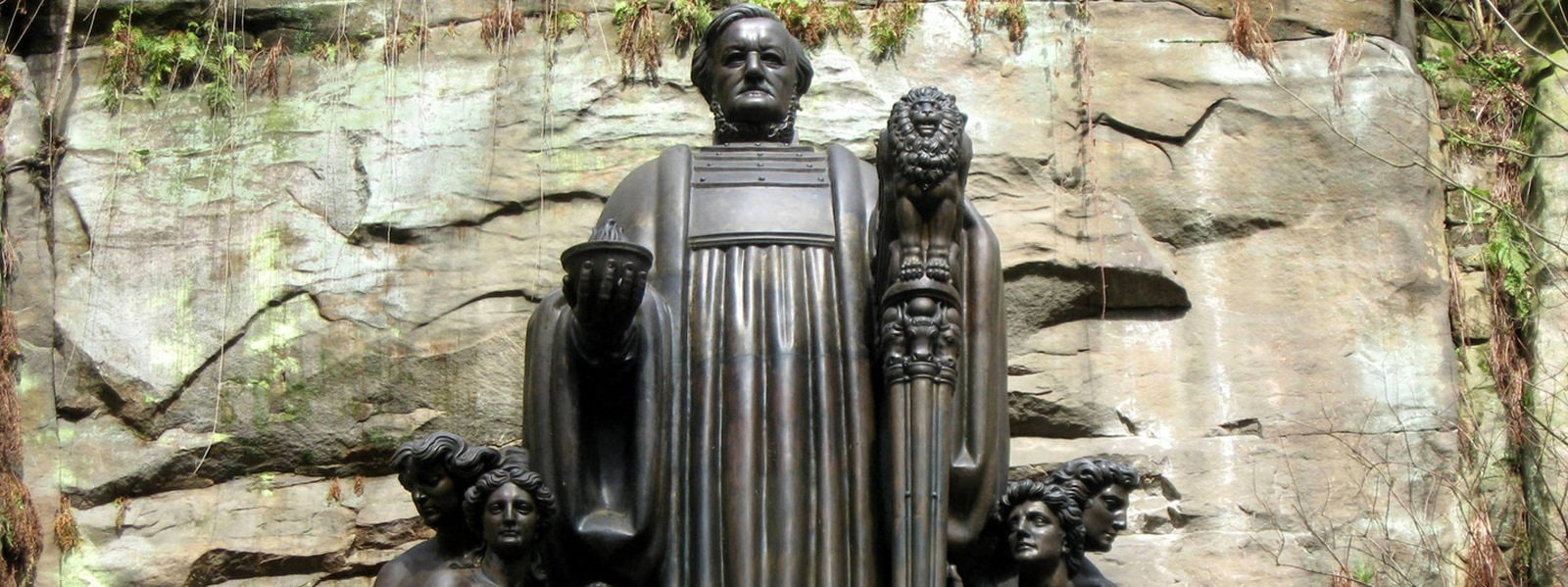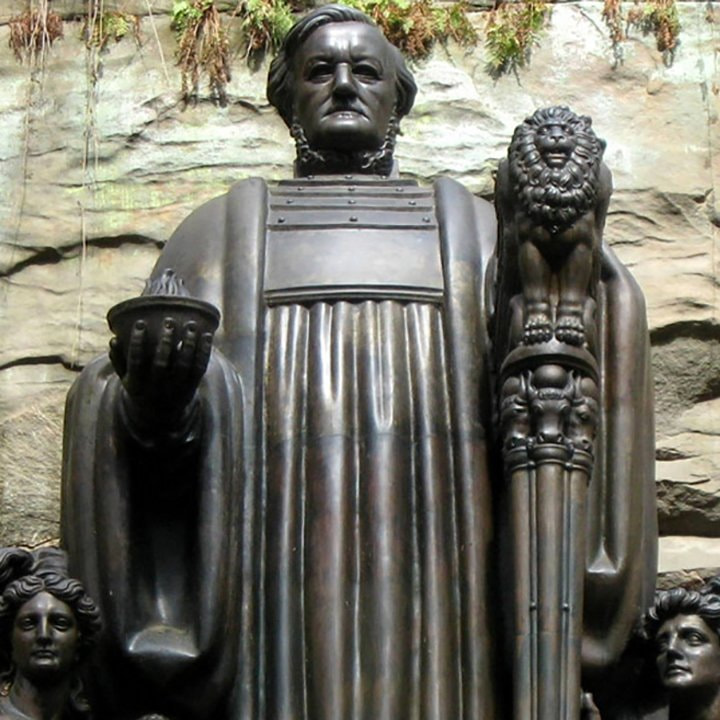In his next lecture, Andrey Velikanov will concentrate on composer and philosopher Richard Wagner.
Richard Wagner believed that the state of art in his time could be defined as “civilized barbarism”, and artists were merely egoists detached from the world. The task of the future mankind (as a whole, rather than group of individuals) was to create Gesamkunstwerk—sublime universal artwork comprising all arts and using each of them as a means deprived of self-sufficient value. The subject matter of such art should be representation of the absolute human nature. In Wagner’s view, this was only achievable in drama which he understood as organic unity of word and sound. These ideas inform all of Wagner’s key projects, including the Ring of the Nibelung trilogy and the Bayreuth Festival Theater—a temple of future arts.
“The most imperious and strongest need of full-fledged artist-man, however, is to impart himself in highest compass of his being to the fullest expression of community: and this he only reaches with the necessary breadth of general understating in the drama. In drama he broadens out his own particular being, by the portrayal of an individual personality not his own, to a universally human being. He must completely step outside himself, to grasp the inner nature of an alien personality with that completeness which is needful before he can portray it. This he will only attain when he so exhaustively analyses this individual in his contact with and penetration and completion by other individuals…”
(Richard Wagner, The Artwork of the Future, 1850. Translated by William Ashton Ellis.)

